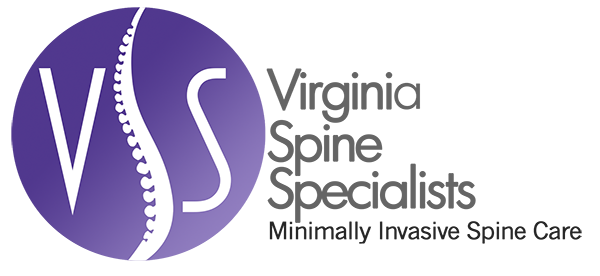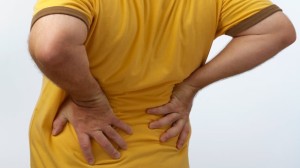The Link Between Obesity and Back Pain
It’s that time of year – the time when many of us resolve to lose those extra pounds we’ve been carrying and get healthier. With all of the reasons to lost excess weight, from being able to participate in more activities to looking our best, getting healthy is definitely the number one reason you should resolve to lose weight in 2015. And if you have back pain, it’s even more important to shed excess pounds.
Nearly one-third of Americans who are obese experience musculoskeletal pain, and specifically back pain, according to the American Obesity Association. In addition, the Association reports that more obese people say they are disabled and have difficulty completing everyday activities, compared to people with other chronic conditions.
And those excess pounds are taking their toll on the back and skeletal system. Joint pain and musculoskeletal problems are the most common obesity-related problems. In fact, every additional pound you carry adds strain to the muscles and ligaments in your back.
When your spine tries to compensate for the extra weight, it can become tilted and stressed unevenly. Over time, your back can lose its proper support and develop an unnatural curvature of the spine.
Particularly, lower back pain can be aggravated as a result of obesity. Carrying extra weight in the stomach pulls the pelvis forward, straining the lower back. The American Obesity Association tells us that women who have a large waist size are especially at risk for lower back pain.
Besides chronic pain, obesity can lead to additional spinal conditions. Obese patients may experience sciatica and low back pain as a result of a herniated disc. This condition occurs when discs and other spinal structures become damaged from having to compensate for the pressure of excess weight on the back.
Are you experiencing back pain that you suspect may be related to excess pounds? Contact Dr. Sharma today, and get back on track with your health in 2015!

Categories
Archives
Contact Dr. Mudit Sharma
Phone: (571) 921-4877
Toll Free: (855) 774-6334
Monday – Thursday: 8am – 4pm
Friday: 8am – 2pm
Fredericksburg
4604 Spotsylvania Parkway, Suite 300 Fredericksburg, VA 22408
Manassas
8650 Sudley Road, Suite 315
Manassas, VA 20110-4418

